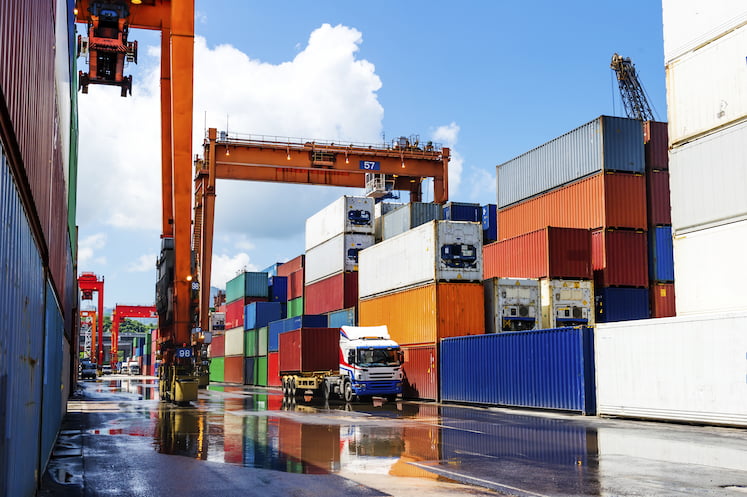WA business owners Steve and Sue Ridout have positioned their company – Wildflower Aplpaca Exports – as the country’s premier exporter of alpacas to Asia.
Steve had combined his knowledge of alpacas and logistics in an ad hoc way, helping breeders get their animals to shows and organising shipments to New Zealand and Europe.
But a few years ago, he saw the potential for something more when Chinese businesses began calling Australian alpaca breeders looking to buy stock.
Knowing Steve’s background, most breeders referred the calls to Wildflower and he stepped up to the challenge.
He worked with the government departments in Australia and in China to begin the complex task of negotiating a protocol to export live breeding stock.
In October 2014 a record shipment of 525 alpacas left Victoria bound for Shanxi in China.
“It was pretty much a litmus test,” Steve remembers of that first shipment. It went smoothly, with two shipments of 600 and 400 animals the following year.
Steve has this advice for other businesses looking to export
1. Don’t compromise
“Our business philosophy is you do not cut corners no matter how long it takes. If it costs you a few more dollars, then so be it. It has to be that way. Reputation is everything in business - particularly in the live animal export industry.”
2. Know the rules and play by them
“We are quite particular in the way we do our business. We treat people the way we want to be treated. If you have those relationships and you’re seen to be doing the right thing all the time, you’re not cutting corners and you’re assisting with the development of the industry, you’re actually getting some really, really good credibility. So much so that on occasion Australia’s Department of Agriculture and Food will call us and ask for recommendations if they’ve had a problem.”
3. Maximise your returns
“Know your product and maximise your return from every angle you can. We started off with our breeding herd, so we have an income from our breeding herd and we also have it from the by-products – the fleece the meat, the skins the manure.”
4. Keep an open dialogue with authorities
Dealing in exports requires extensive communication with officials in various countries. Research is important, but there is no substitute for direct contact.
“There’s a lot more things that aren’t written down on paper that need to be followed – and that’s probably the biggest learning curve is to investigate more into the protocol, rather than just take it at face value,” Steve says. “We had very strong relationships with many government departments across many countries for the sole reason that we actually had to do that. But it’s helped us from a credibility perspective.”
5. Actively look for new markets
“We try to think, well why was it the alpaca was exported to Australia? What is comparable to Australia? Then you have a list of countries and you can begin investigating markets in those countries. Is it sustainable? If you start doing a spot analysis and you come up positive – target it.”






